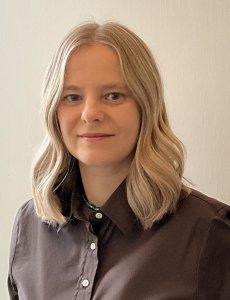Presented By: Department of Economics
Bundling to save: Estimating package size choices in South African grocery stores
Andrea Szabo, University of Houston

Storable goods such as laundry detergent come in different package sizes with different associated unit prices. Buying larger packages is an opportunity to save, but low-income consumers in African countries often appear to forego this opportunity and buy small packages instead. I investigate the determinants of these choices by estimating a model of dynamic consumer demand using scanner data from all stores of South Africa's leading grocery chain. The estimation accounts for “bundling”: due to temporary sales and non-linear pricing of the product, consumers sometimes find it less expensive to purchase multiple small packages instead of a large package. The results show that this phenomenon is quantitatively important in explaining observed patterns in the data. Counterfactual simulations use the model's findings to evaluate the impact of different package sizes, which is a relevant consideration for the current expansion of small-format chain stores to low-income areas.
This talk is presented by the Applied Microeconomics/Industrial Organization Seminar, sponsored by the Department of Economics with generous gifts given through the Jean Coven Speakers Fund in Economics and the Economics Strategic Fund.
This talk is presented by the Applied Microeconomics/Industrial Organization Seminar, sponsored by the Department of Economics with generous gifts given through the Jean Coven Speakers Fund in Economics and the Economics Strategic Fund.